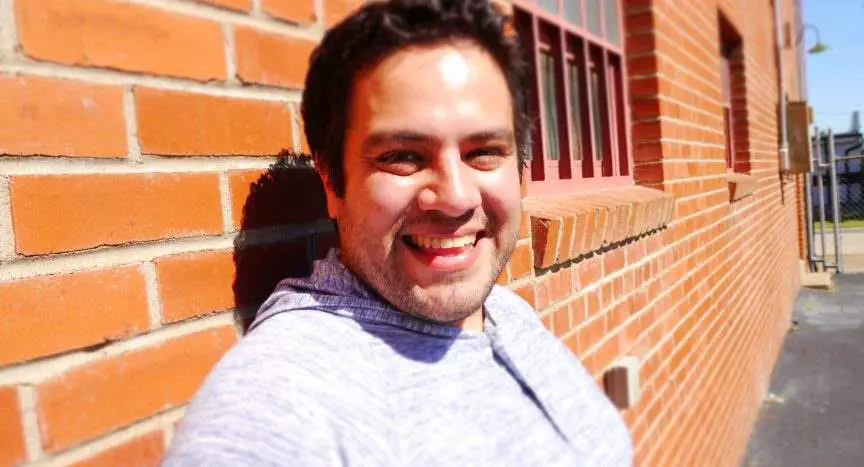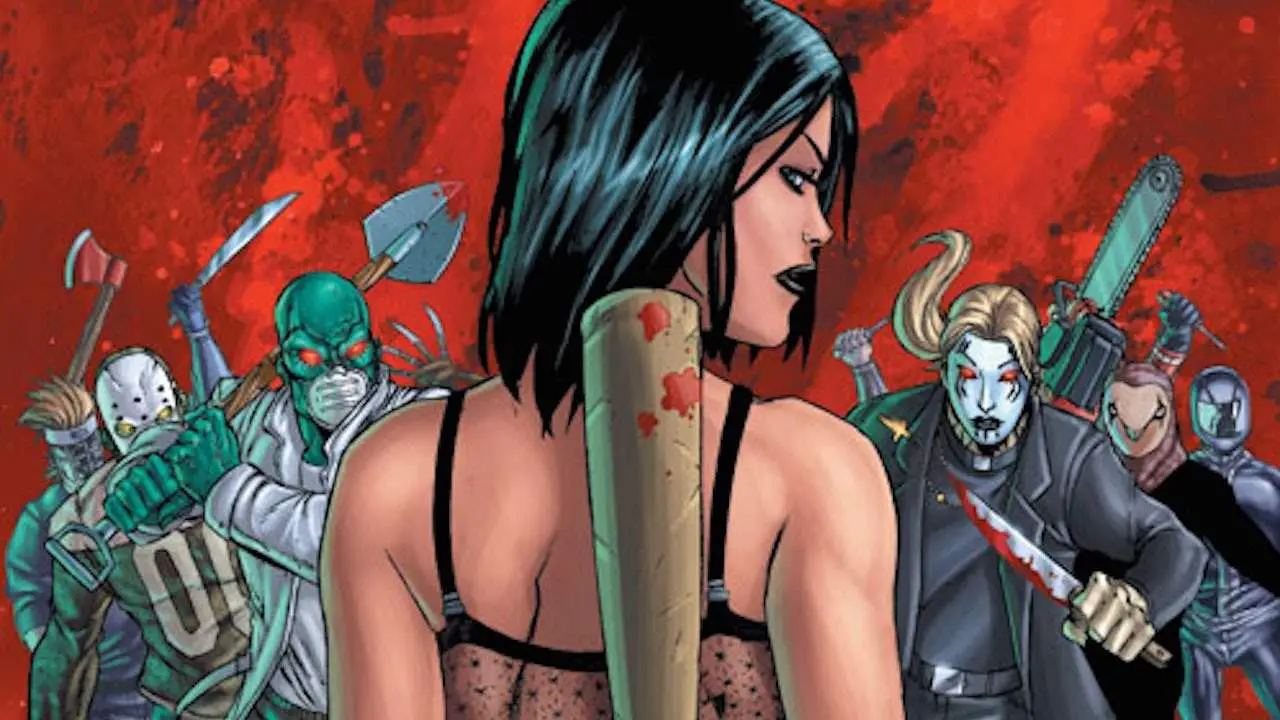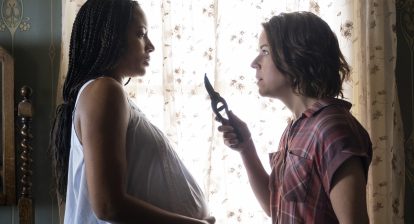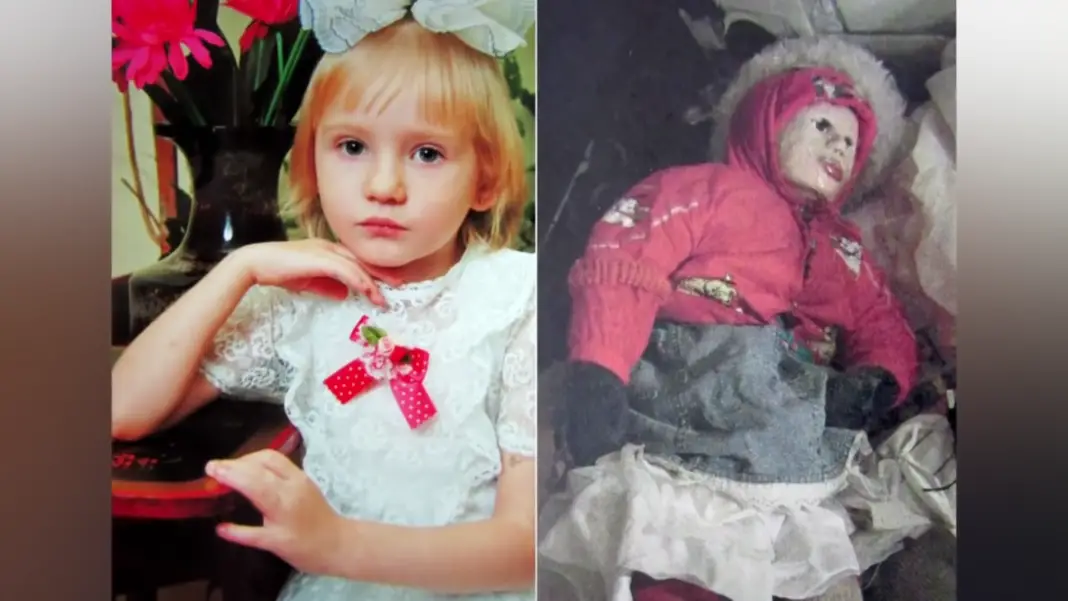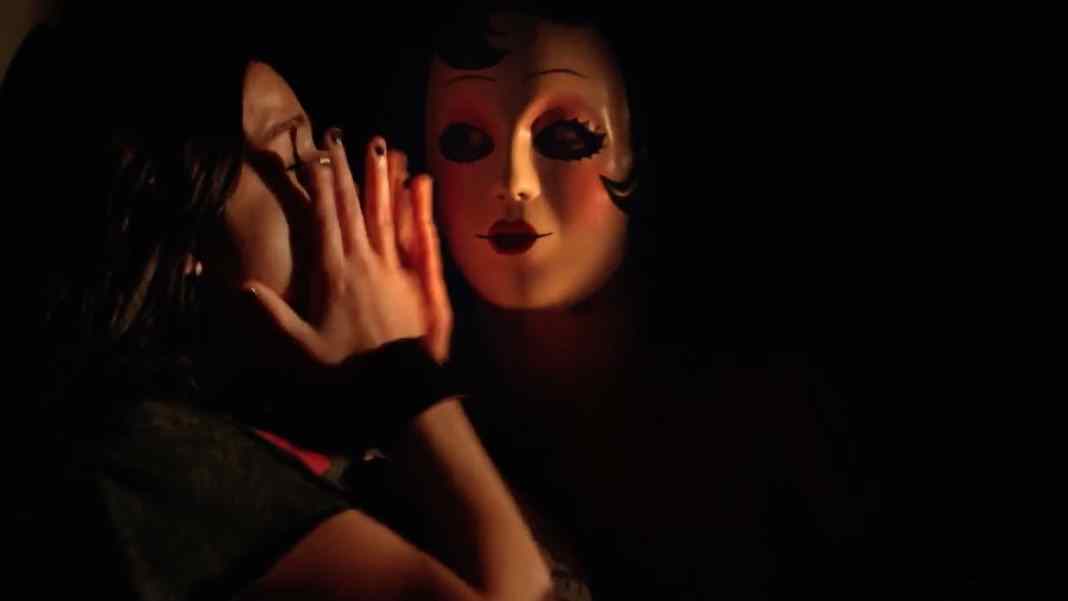Jack Burgos is a writer and mental health professional based in Tulsa Oklahoma. He earned his Master’s Degree in Clinical Psychology from the University of Tulsa in 2013. His first book, Stormborn: 13 Hearts to Start a Storm, tells the story of, Ash, a transgender magic-detective, who is tasked with killing the charismatic rocker Theo, who killed the heart of a city. It’s available from A Murder of Storytellers (where the author works with Burgos) now.
Burgos sat down with us to discuss the way trauma is portrayed in horror films.
Wicked Horror: This conversation started when I reached out to talk about The Possession of Hannah Grace, which ends (spoilers ahead) with the main character having her trauma cured by more trauma. When we asked if this was feasible, you said, “No,” but it’s become a trope ending, finishing horror films again and again. A character, who’s suffered trauma, goes through another equally bad or worse experience and leaves the film healed, or at least with a shot of them smiling as though the Post Traumatic Stress Disorder (PTSD) is gone. Why doesn’t it work that way?
Jack Burgos: I’d like to give you a little more nuanced answer than my previous one. The idea that the character is fine at the end of the movie is fine. The idea that the character will never have problems again as a result is wrong. The character can be fine now. That might be right. Today, the character might actually be smiling.
One of the things I was thinking about is that PTSD is adaptive if you’re still suffering from trauma.
WH: What does “adaptive” mean in this context?
JB: It means it’s a healthy reaction to a situation that’s going on right now. I’ll give you an example: a child who was beaten regularly by an alcoholic parent might have a PTSD reaction where they respond to certain emotional cues that the parent gives off with withdrawal, which is a PTSD reaction. If the parent were healthy and were not aggressive and were not violent, this would be a bad reaction. You wouldn’t want to shy away from someone who’s supposed to provide love and comfort, but since this person is unpredictable, your brain is doing a good thing by telling you, “Stay away from this person,” “Walk on eggshells” because at any moment this person could hurt you.
WH: What about in horror films?
JB: The state of being in shock because you’ve experienced a trauma lasts as long as the person needs it to, as long as the person needs it to to heal, physically at least.
There have been stories of people who’ve been so violently assaulted that they wind up being catatonic for a couple of days. For the most part, someone who’s suffered a trauma is fine afterwards. If you talk to a rape victim immediately after their rape, they’ll describe it in very surgical terms. They seem perfectly rational and reasonable about it. It’s very uncanny, because it gives the impression that nothing happened. Very often it leads untrained police officers to think that nothing has happened, which is actually why some rapes don’t get reported.
So in terms of the horror movie, the person can actually seem happy at the end because they’re experiencing an endorphin and GABA rush of these two neurotransmitters that all release when you’re okay, after a bad situation.
WH: So they’re on a survival high, but they’re going to crash?
JB: Exactly. You get PTSD as the result of a trauma, and the “safer” you are afterwards, the more uncomfortable you become, the worse it is. This is why homeless people have a really hard time not being homeless. If you give them a house and you put them in all bills paid housing so all they have to do is get a job and put their life in order now then you might think, “They’ve got a house now and they can put their life in order.” But one of the things we find is that all the trauma they experienced while they were homeless makes their brain unable to function. It doesn’t deal with safety well. They wind up doing everything in their power to lose their housing and then lose their housing as a result.
You also see this in trauma victims like POWs, who sleep under the bed or try to find other more constricted positions. They’re more comfortable being tied or restrained.
The safer you are, the more uncomfortable you are. Your brain tells you something bad is going to happen. When you’re safe, you never know where it’s coming from. You’re always waiting for this bad thing to happen.
So yes, they’re going to crash.
WH: And the safer they are, the worse that crash will be. So in horror sequels — Ripley in Aliens for example — the protagonist often seem to feel happier, more alive in unsafe conditions. Does that happen to real people?
JB: Sometimes, yes. There are a lot of people who actively seek out dangerous situations because of their PTSD. It helps them to feel more, I wouldn’t say “happy,” but more alive.
WH: How do portrayals of trauma in films, book, television, and comics impact your patients who’ve suffered trauma? Does a bad portrayal of trauma harm someone who’s suffering from it?
JB: It does. It teaches people to think of trauma in ways that it doesn’t work. Bad portrayals of trauma will show a person getting better after a movie full of drama and conversation because having an epiphany makes the person feel better. All of their symptoms are cured. That makes it seem too simple. They’re not wrong, but too simplistic. They leave out the components that we see that are less intuitive. When you miss those things that people see in real world it ends up with the example of the rape victim where the police officer says, “This person is being very clinical and claimed to survive the assault but they’re not reacting the way they would in a movie so it must not be real.” But it is. That’s actually exactly how it works.
WH: Are there any examples of stories that do a good job of portraying trauma?
JB: I really like the Marvel films and shows. The Punisher actually does a very good job. It portrays a lot of people with a lot of traumas who deal with it in very different ways. It’s interesting to see the various coping methods. Some are aggressive. Some are more demure and restrained. The Punisher is great.
WH: Season 1 or season 2?
JB: Both. Season 1 has the more clear example of the kids who’s struggling and actually digs himself a ditch to sleep in because he’s more comfortable waiting for someone to shoot him than he is sleeping comfortably in his own bed at home.
WH: Is there anything else you’d want our readers to know about trauma?
JB: If you know someone who’s been through a traumatic experience, be patient.
